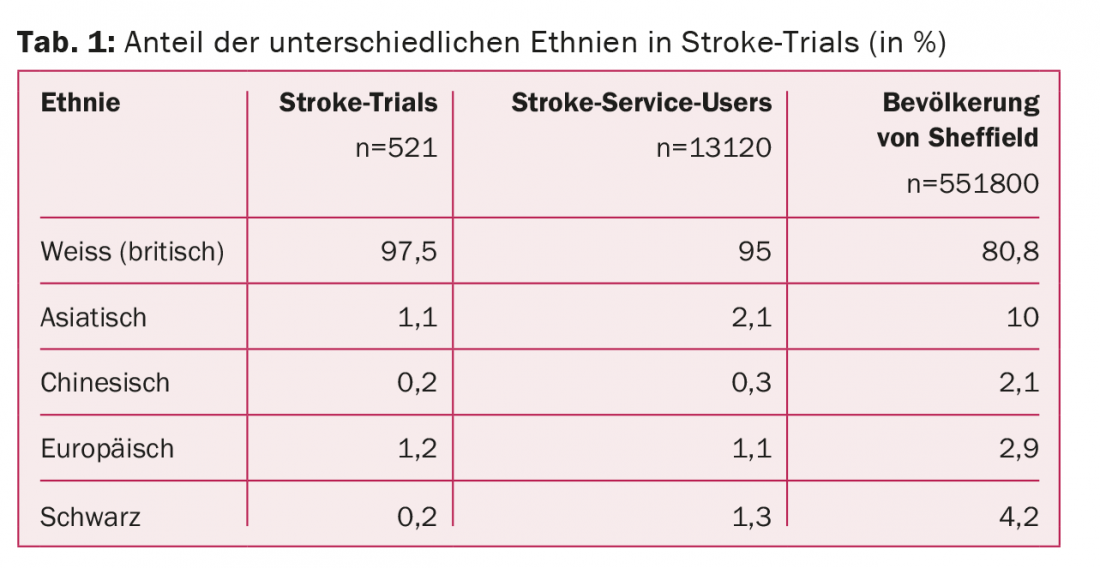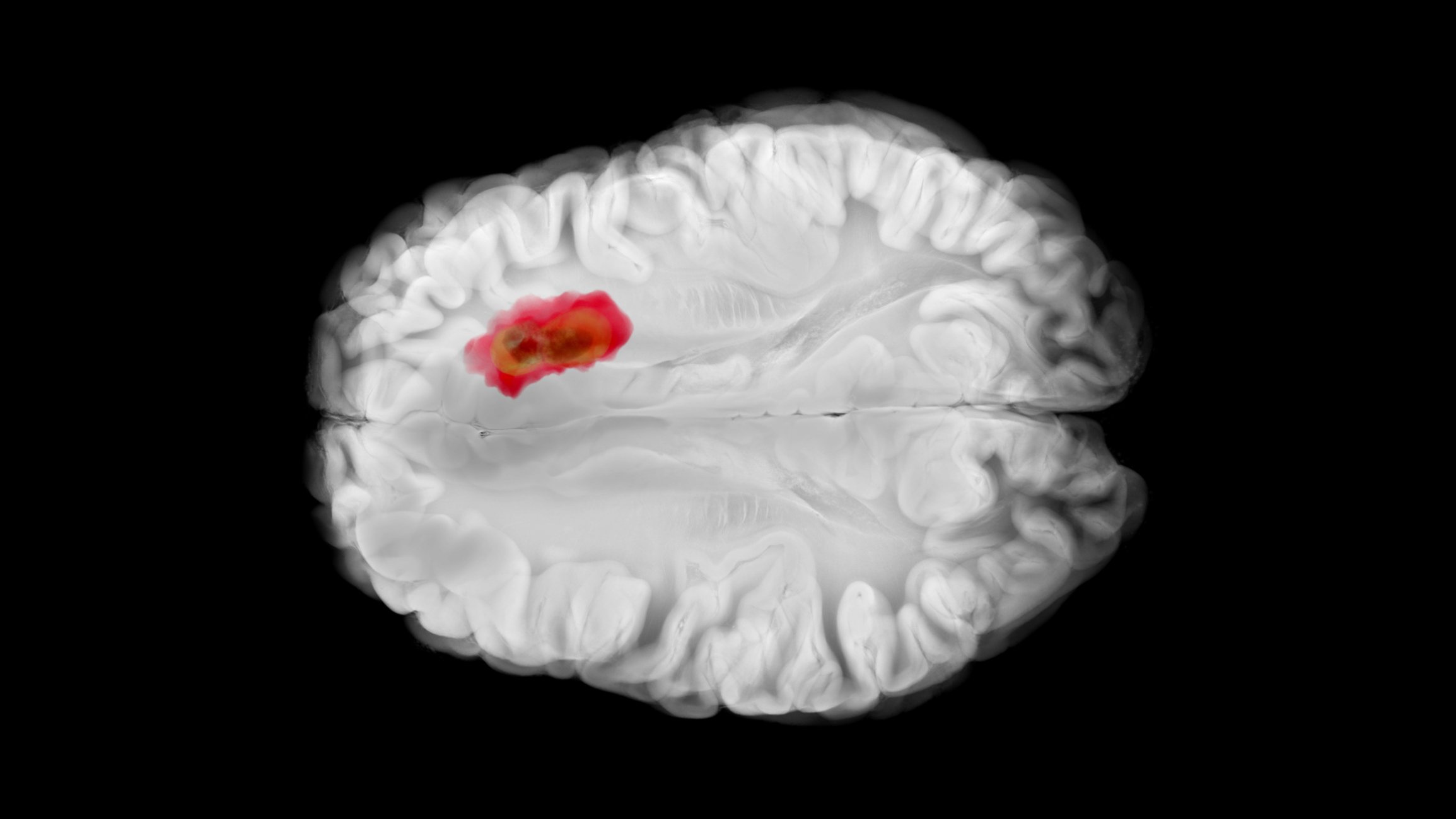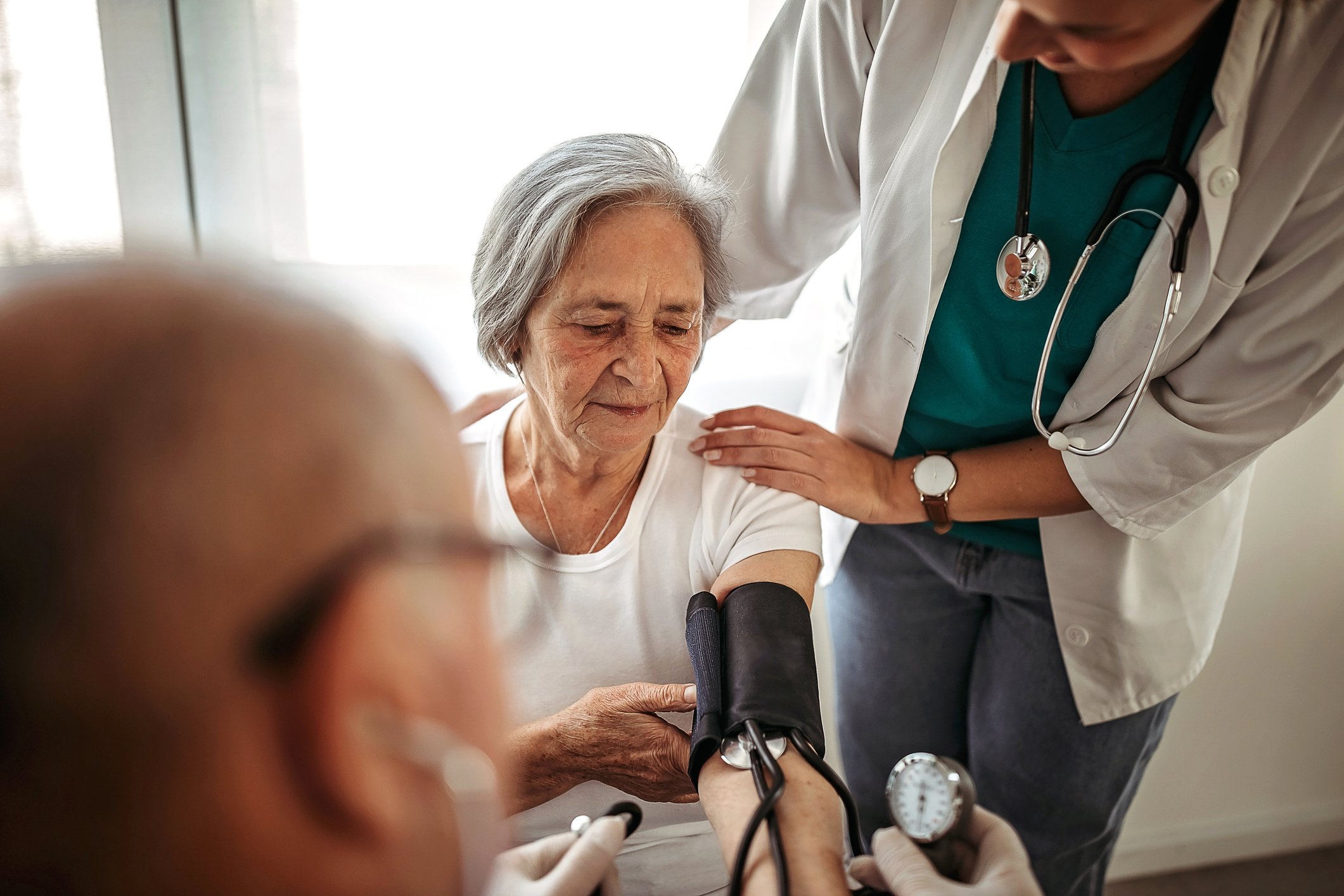From May 12-15, 2015, the “European Stroke Conference” took place in Vienna. The spectrum of studies and abstracts presented ranged from basic research to clinical trials to stroke rehabilitation and analysis of ethical issues. But the classic stroke risk factors were not neglected either.
The epidemiology of stroke recurrence in patients with diabetes mellitus who have already suffered an ischemic stroke has been insufficiently studied. Bergström et al. collected the corresponding data using the Swedish Stroke Registry. All stroke patients from 2001-2009 were analyzed [1]: The researchers looked for recurrent strokes within the first year after hospitalization with stroke. Of the nearly 150,000 patients screened, about 30,000 (20.5%) had diabetes. 11.8% of these patients suffered a recurrent stroke within the first year, compared with 10.5% in the population without diabetes.
The analysis showed that the risk of recurrent stroke decreased over time in patients without diabetes but remained high over time in patients with diabetes. Treatment with warfarin significantly reduced the risk of stroke.
Ethnic minorities underrepresented in stroke research
The risks for cardiovascular disease, including stroke, are also distributed differently in different ethnic groups. For example, people from Africa or the Caribbean have a higher risk of stroke than Caucasians, and people from South Asia are more likely to suffer myocardial infarctions than white Europeans and Americans. For this reason, it would be desirable that European and American stroke research studies also include individuals from different world regions. However, this does not seem to be the case in studies conducted by the British “National Institute of Health Research” (NIHR).
Researchers at Sheffield Teaching Hospital compared the ethnicities of patients included in NIHR stroke studies at the hospital from 2004-2014 with the ethnicities of patients who had used the hospital’s stroke services during the same period and with the distribution of ethnicities in the population of the city of Sheffield (Table 1) [2]. People belonging to ethnic minorities were significantly underrepresented in the studies. In four studies, individuals who could not speak English were even excluded.

Why members of ethnic minorities are not more frequently included in studies would be interesting to know, as it is likely that this inequality is not unique to the UK.
Stroke as a complication of cardiac surgery
Brain stroke is one of the most devastating complications of cardiac surgery. The corresponding incidence is 1.6-4.6%. A Portuguese study investigated which risk factors increase the risk of stroke during cardiac surgery [3]. The retrospective analysis collected data from 3719 consecutive patients who had undergone cardiac surgery at the Moniz Heart Center in Lisbon between August 2009 and June 2014. Over 4100 procedures were performed during this period.
Stroke occurred after surgery in 58 subjects (1.6%), half of whom experienced stroke immediately after surgery (symptoms appeared after extubation) and half of whom experienced delayed stroke (manifestation of stroke after a symptom-free period). Factors that increased the risk of stroke were extracorporeal circulation over two hours duration, acute renal failure, diabetes, and calcifications of the aorta. Infections occurred significantly more often in patients with stroke than in those without stroke, and mortality was also significantly higher in the stroke group. The most common stroke pattern was occlusion of a large cerebral vessel, and imaging also indicated an embolic cause of stroke rather than hypoperfusion in most stroke patients.
The authors urge that in high-risk patients (diabetes, calcified aorta), special care must be taken to consider whether cardiac surgery is indicated.
Should stroke patients be screened for coronary artery disease?
In the AMISTAD trial, “silent” coronary stenosis ≥50% has been shown to be present in 26% of patients with a stroke and no previously known coronary artery disease (CAD) [4]. This stenosis was a risk factor for major vascular events (including stroke, myocardial infarction, and death) in the study. Whether silent CHD is also associated with major coronary events is currently unknown; if so, this would be an argument for actively looking for CHD in patients with stroke.
A corresponding retrospective analysis of the AMISTAD study was presented at EuroStroke 2015 [5]. 405 consecutive stroke patients were followed up during four years; angiography was performed in those patients in whom no CHD was known before the stroke (78%). Over the four-year period, 20 patients (5.5%) experienced major coronary events (myocardial infarction, acute coronary syndrome followed by PCI, cardiac arrest with resuscitation, sudden cardiac death). The risk was 0.85% for patients without CAD, 2.7% for patients with silent coronary stenosis less than 50%, 6.44% for patients with silent coronary stenosis ≥50%, and 18.4% for patients with CAD known before stroke.
The risk of a major cardiac event was significantly increased only in patients with silent three-vessel disease ≥50%. The authors conclude that a systematic search for silent CHD in patients with stroke is not useful.
Source: European Stroke Conference, May 12-15, 2015, Vienna, Austria.
Literature:
- Bergström L, et al: Recurrent ischemic stroke in patients with diabetes mellitus – incidence, trend over time and predictors. ESC 2015, 8 Epidemiology of stroke and stroke treatment, Abs p. 14.
- Ali AN, et al: Ethnic minority recruitment into stroke research trials at a university teaching hospital in the UK. ESC 2015, Public communication and economics, para B13.
- Gil I, et al: Stroke after cardiac surgery: risk factors on 3719 consecutive adult patients. ESC 2015, Heart and brain, p. 26.
- Amarenco P, et al: Prevalence of Coronary Atherosclerosis in Patients With Cerebral Infarction. Stroke 2011; 41: 22-29.
- Amarenco P, et al: Risk of major cardiac events in patients with cerebral infarction and silent coronary artery disease in the AMISTAD study. ESC 2015, Heart and brain, p. 23.
CARDIOVASC 2015; 14(4): 39-40












